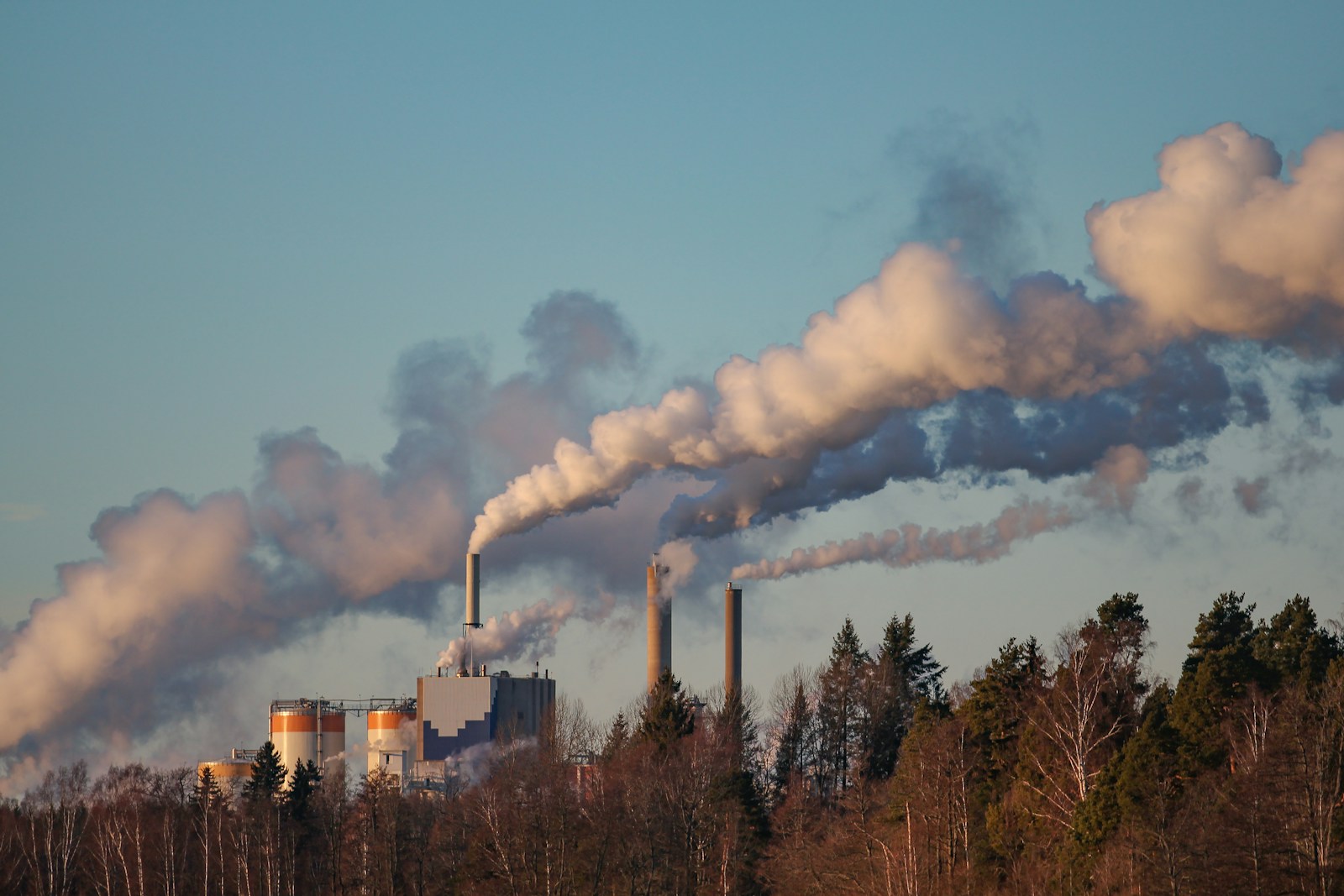Agriculture has been the backbone of human civilization for thousands of years, providing food and other essential resources to people all over the world. However, with the increasing population and the growing demand for food, the traditional methods of agriculture have become unsustainable and harmful to the environment. This has led to a growing concern about the future of agriculture and the need for sustainable agricultural practices. In this article, we will explore what sustainable agriculture is, why it is important, and how it can be practiced.
Table of Contents
ToggleWhat is Sustainable Agriculture?
Sustainable agriculture is an approach to farming that aims to produce food and other agricultural products while preserving natural resources, such as soil, water, and biodiversity. It is a way of growing crops that is environmentally friendly, economically viable, and socially responsible. This type of agriculture takes into consideration the long-term effects of farming practices on the environment and seeks to minimize the impact of agriculture on the ecosystem.
Why is Sustainable Agriculture Important?
Sustainable agriculture is essential for the future of food production. The traditional methods of agriculture have led to soil degradation, loss of biodiversity, and pollution of water and air. These practices have also contributed to the depletion of natural resources and increased greenhouse gas emissions. By practicing sustainable agriculture, we can ensure that future generations will have access to sufficient food and resources, and that the environment will be protected for generations to come.
Benefits of Sustainable Agriculture
Sustainable agriculture offers a number of benefits over traditional agriculture. Some of the key benefits include:
- Improved Soil Quality: Sustainable agriculture practices, such as crop rotation and the use of cover crops, can improve the fertility and structure of the soil, making it easier to grow crops.
- Increased Biodiversity: Sustainable agriculture practices can support the growth of a diverse range of plants and animals, which can improve the overall health of the ecosystem.
- Reduced Pesticide and Fertilizer Use: Sustainable agriculture practices can reduce the need for pesticides and fertilizers, reducing their negative impact on the environment.
- Improved Water Management: Sustainable agriculture practices, such as conservation tillage and irrigation management, can help to conserve water and reduce the amount of water waste.
- Increased Crop Yields: Sustainable agriculture practices can increase crop yields, providing more food and resources for people while reducing the pressure on the environment.

How to Practice Sustainable Agriculture
There are a number of ways to practice sustainable agriculture, including:
- Crop Rotation: Crop rotation involves growing different crops in a specific order on a piece of land to reduce soil degradation and pest problems.
- Conservation Tillage: Conservation tillage is a way of preparing the soil for planting that minimizes soil disturbance and erosion.
- Cover Crops: Cover crops are crops that are grown between main crops to provide cover for the soil and to improve soil health.
- Irrigation Management: Irrigation management involves using water efficiently to reduce waste and conserve resources.
- Integrated Pest Management: Integrated pest management is a way of managing pests that involves using a combination of biological, cultural, and chemical methods to minimize the use of pesticides.
The Future of Sustainable Agriculture
The future of sustainable agriculture is bright, with growing demand for environmentally friendly and socially responsible food production. As people become more aware of the environmental impact of traditional agriculture practices, the demand for sustainable agriculture will continue to grow. Governments and organizations are also investing in sustainable agriculture, providing funding and resources to help farmers adopt sustainable practices.
Conclusion
Sustainable agriculture is a critical component of the future of food production. By adopting sustainable practices, we can protect the environment, improve soil and water quality, and ensure the availability of food and resources for future generations. As we continue to face challenges in agriculture, such as climate change and declining natural resources, sustainable agriculture offers a solution that can address these challenges while providing economic benefits for farmers and communities. The future of sustainable agriculture is bright, and it is up to all of us to support and promote these practices for the health of our planet and the sustainability of our food systems.
FAQs
- What is the difference between sustainable agriculture and traditional agriculture? Sustainable agriculture is an approach to farming that aims to produce food while preserving natural resources and minimizing the impact on the environment. Traditional agriculture focuses primarily on maximizing food production, often at the expense of the environment.
- How does sustainable agriculture benefit the environment? Sustainable agriculture practices, such as crop rotation and the use of cover crops, can improve soil quality and reduce the need for pesticides and fertilizers. This results in a reduction of environmental pollutants, improved water management, and increased biodiversity.
- Can sustainable agriculture be profitable for farmers? Yes, sustainable agriculture can be profitable for farmers. By adopting sustainable practices, farmers can reduce their costs by reducing the need for pesticides and fertilizers and improving soil health. Additionally, consumers are increasingly willing to pay more for sustainably grown food, providing a financial incentive for farmers to adopt sustainable practices.
- What role does government play in promoting sustainable agriculture? Governments play an important role in promoting sustainable agriculture by providing funding and resources for research and development, and by creating policies and regulations that support sustainable practices. Additionally, governments can provide education and training to farmers, helping them adopt sustainable agriculture practices.








2 thoughts on “Sustainable Agriculture: A Comprehensive Guide to Growing Crops in an Environmentally Friendly Manner”
Pingback: Vertical Farming Solution for Middle East's Dependence on Imports
Pingback: Corporate Farming: Balancing Profit and Sustainability in Agriculture - Sustainability Awakening